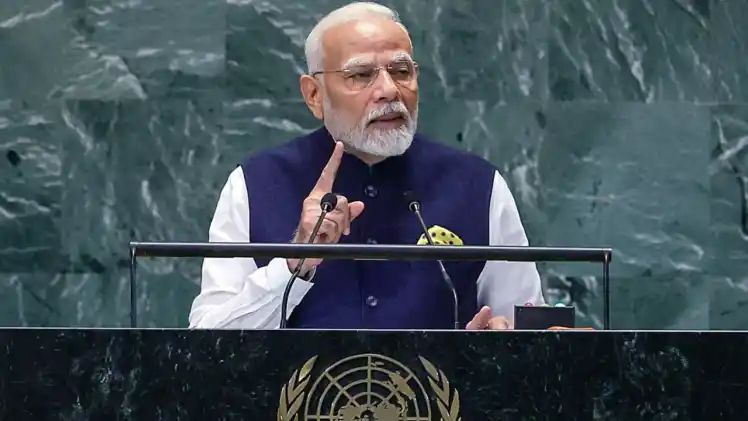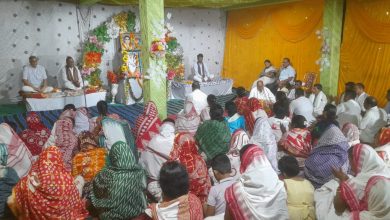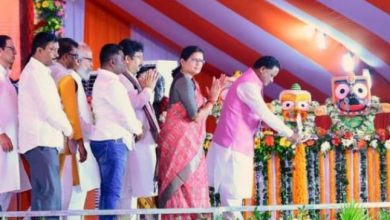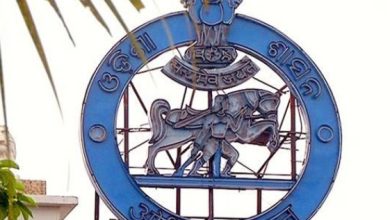Historic vote! One nation, one election bill passes Lok Sabha with overwhelming support

New Delhi: The ‘One Nation, One Election’ bill has successfully passed in the Lok Sabha, marking a significant step towards implementing simultaneous elections for the Lok Sabha and state assemblies in India.
The bill received overwhelming support, with 269 votes in favor and 198 against, reflecting a decisive majority in the lower house of Parliament.
Bill Overview and Next Steps
Following its acceptance, the bill is set to be referred to a Joint Parliamentary Committee (JPC) for broader consultation. This move aims to gather diverse opinions and insights before finalizing the legislation. The formation of the JPC is expected to take place soon, allowing for an in-depth examination of the proposed changes to India’s electoral framework.
Political Reactions and Implications
The passage of the ‘One Nation, One Election’ bill has elicited mixed reactions from various political parties. Supporters argue that simultaneous elections will streamline the electoral process, reduce costs, and enhance governance by minimizing disruptions caused by frequent polls. Proponents within the ruling Bharatiya Janata Party (BJP) have expressed their enthusiasm for the bill, highlighting its potential to foster development and stability.
Conversely, opposition parties have raised concerns about the implications of such a significant constitutional change. Critics argue that synchronizing elections undermines India’s federal structure and diminishes the autonomy of state governments. Congress MP Manish Tewari has voiced strong objections, stating that the bill poses a threat to constitutional principles and could centralize power at the expense of local governance.
Historical Context
The concept of ‘One Nation, One Election’ is not entirely new; it was previously practiced until 1967 when simultaneous elections were held for both Lok Sabha and state assemblies. The current proposal aims to revive this practice in a modern context, addressing challenges posed by ongoing political instability and frequent electoral cycles.
Future possibilities over
As discussions continue within the JPC, stakeholders from various political backgrounds will have the opportunity to present their views on the bill. The outcome of these consultations will play a crucial role in shaping the future of India’s electoral landscape. If approved, this legislation could fundamentally alter how elections are conducted in India,
The acceptance of the ‘One Nation, One Election’ bill represents a pivotal moment in Indian politics. As the nation grapples with questions of governance, federalism, and democratic principles, this legislation will undoubtedly spark ongoing debates about its feasibility and impact on India’s diverse political fabric. The coming weeks will be critical as lawmakers navigate these discussions and work towards finalizing this transformative proposal.







